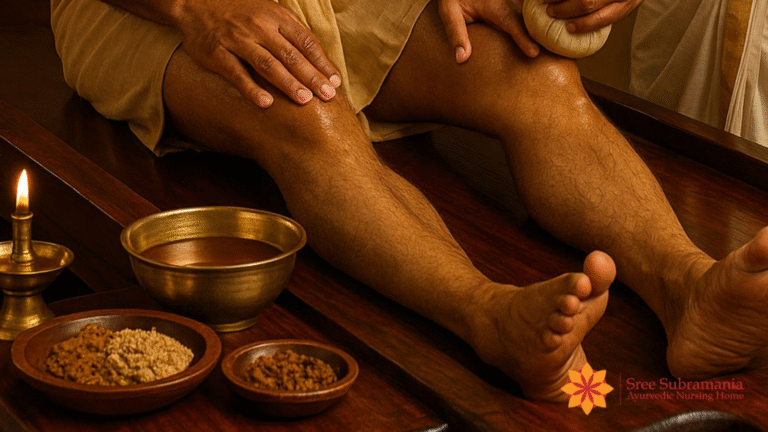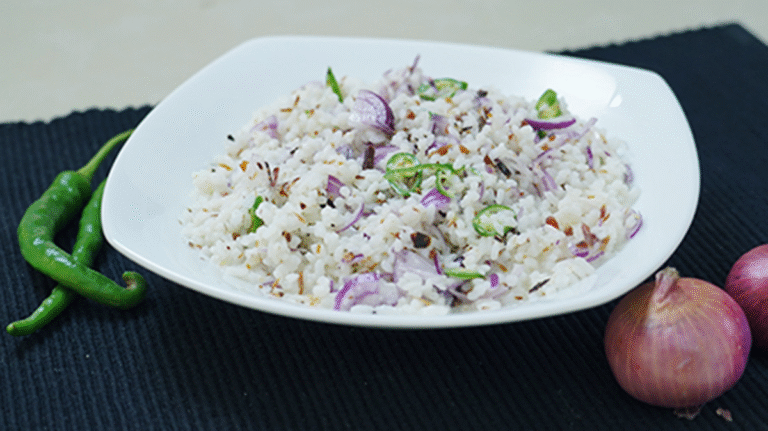Temperature regulation is an important aspect of maintaining overall health and well-being. When the body’s temperature is too high or too low, it can cause discomfort and potentially lead to more serious health problems. In Ayurveda, an ancient form of healthcare that originated in India, there are several natural remedies that can be used to help control body temperature.
In this article, we will explore remedies through Ayurveda to control body temperature, including herbs and spices, diet and nutrition, and lifestyle practices. We will also discuss considerations for using these remedies and the importance of consulting with a healthcare professional.
Herbs and Spices for Temperature Regulation
Herbs and spices are commonly used in Ayurveda to support overall health and well-being, and they can also be helpful in regulating body temperature. Some herbs and spices that may be useful for controlling body temperature include:
- Cinnamon: Cinnamon is a spice that has warming properties and can help increase body temperature. It can be taken as a tea or capsule, or incorporated into cooking.
- Ginger: Ginger is a spice that has warming properties and can help increase body temperature. It can be taken as a tea or capsule, or incorporated into cooking.
- Turmeric: Turmeric is a spice that has warming properties and can help increase body temperature. It can be taken as a tea or capsule, or incorporated into cooking.
- Cardamom: Cardamom is a spice that has cooling properties and can help reduce body temperature. It can be taken as a tea or capsule, or incorporated into cooking.
- Coriander: Coriander is a herb that has cooling properties and can help reduce body temperature. It can be taken as a tea or capsule, or incorporated into cooking.
Diet and Nutrition for Temperature Regulation
Diet and nutrition can also play a role in regulating body temperature. Some dietary considerations for controlling body temperature include:
- Eat seasonally: Eating foods that are in season can help balance the body’s temperature. In warmer months, consuming cooling foods such as cucumbers, watermelon, and coconut can help reduce body temperature, while in cooler months, consuming warming foods such as root vegetables, nuts, and spices can help increase body temperature.
- Stay hydrated: Drinking enough water is important for maintaining body temperature, as well as overall health and well-being. Aim for at least 8-10 cups of water per day.
- Eat balanced meals: Eating a balanced diet that includes a variety of whole, natural foods can support overall health and well-being and may also help regulate body temperature.
Lifestyle Practices for Temperature Regulation
Lifestyle practices can also play a role in regulating body temperature. Some considerations for controlling body temperature through lifestyle practices include:
- Dress appropriately: Wearing appropriate clothing for the weather can help regulate body temperature. In warmer months, wear lightweight, breathable clothing, and in cooler months, wear layers to help retain body heat.
- Get enough rest: Getting enough rest is important for maintaining overall health and well-being, and it can also help regulate body temperature. Aim for 7-9 hours of sleep per night.
- Practice relaxation techniques: Techniques such as meditation and yoga can help reduce stress and promote relaxation, which can in turn help regulate body temperature.
Considerations for Using Ayurvedic Remedies to Control Body Temperature
While Ayurvedic remedies may be effective in helping to control body temperature, it is important to keep the following considerations in mind:
- Complementary care: Ayurvedic remedies should be used as a complement to, not a replacement for, Western medical care. It is important to consult with a healthcare professional and follow their recommended treatment plan.
- Individualized treatment: Ayurvedic remedies are often tailored to the individual, taking into account their unique constitution, or dosha. It is important to work with a qualified Ayurvedic practitioner to determine the most appropriate remedies.
- Safety: Some herbs and spices may interact with medications or have potential side effects. It is important to consult with a healthcare professional and disclose any herbs or spices being taken to ensure safety.
Conclusion
Ayurveda offers a range of natural remedies that can be used to help control body temperature, including herbs and spices, diet and nutrition, and lifestyle practices. These remedies can be used in conjunction with Western medical treatment to provide a holistic approach to healthcare. However, it is important to consult with a healthcare professional and work with a qualified Ayurvedic practitioner to ensure the safety and effectiveness of these remedies. Maintaining a healthy body temperature is important for overall health and well-being, and incorporating Ayurvedic remedies can be a natural and effective way to support this process.




